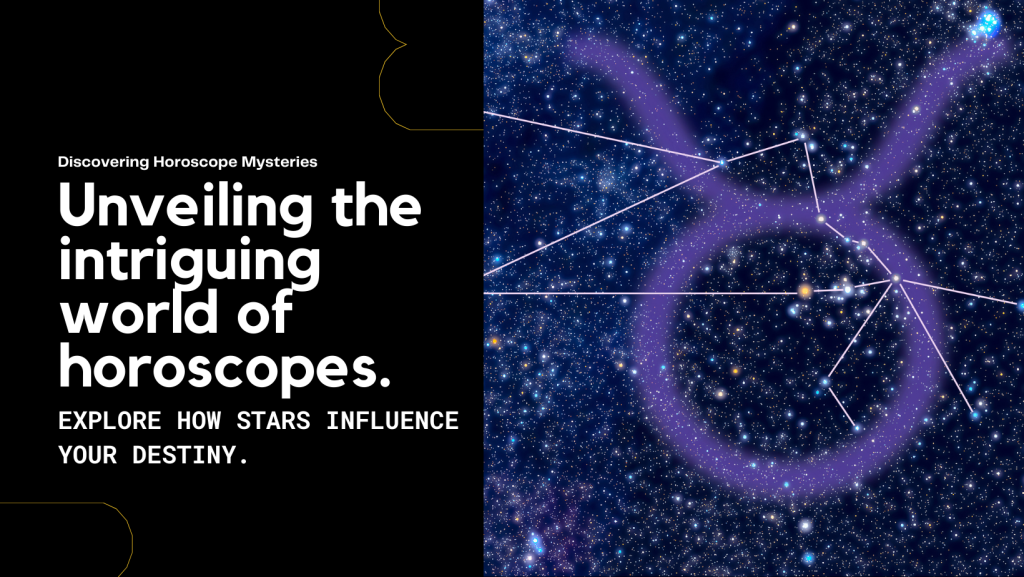Horoscopes have long captivated the human imagination, offering glimpses into the mysteries of the cosmos and providing insights into our personalities, relationships, and life paths. Rooted in ancient traditions and astrology, horoscopes continue to be a source of fascination and intrigue for millions of people around the world.
At its core, astrology is the study of the positions and movements of celestial bodies such as planets and stars and their influence on human affairs. Based on the belief that the positions of these celestial bodies at the time of a person’s birth can have a profound impact on their personality and destiny, astrology seeks to interpret these influences through the use of horoscopes.
Horoscopes, which are personalized astrological forecasts based on an individual’s birth chart, offer insights into various aspects of life, including love, career, health, and finances. By analyzing the positions of the sun, moon, planets, and stars at the time of a person’s birth, astrologers can create a detailed profile of their personality traits, strengths, weaknesses, and potential life paths.
One of the most popular forms of horoscopes is the zodiac, which divides the sky into 12 equal segments, each associated with a different astrological sign. These signs, which include Aries, Taurus, Gemini, Cancer, Leo, Virgo, Libra, Scorpio, Sagittarius, Capricorn, Aquarius, and Pisces, are believed to reflect the characteristics and qualities of individuals born under them.
Each zodiac sign is associated with specific personality traits, strengths, weaknesses, and tendencies, as well as corresponding elements (fire, earth, air, and water) and ruling planets. For example, Aries, the first sign of the zodiac, is associated with qualities such as courage, ambition, and spontaneity, while Pisces, the final sign, is associated with traits such as empathy, intuition, and creativity.
Horoscopes typically provide predictions and guidance based on the current positions of celestial bodies relative to an individual’s birth chart. These predictions may cover a range of topics, including love and relationships, career and finances, health and wellness, and personal growth and development. While some people consult horoscopes for entertainment or curiosity, others believe in their accuracy and use them as a tool for self-reflection, decision-making, and planning.
Critics of astrology argue that horoscopes lack scientific validity and are based on unfounded beliefs and superstitions. Skeptics point to the lack of empirical evidence supporting the claims of astrology and argue that the positions of celestial bodies have no bearing on human behavior or destiny.
However, proponents of astrology contend that horoscopes offer valuable insights into human psychology and can help individuals better understand themselves and navigate life’s challenges. They argue that while astrology may not be a science in the traditional sense, it offers a unique perspective on the interconnectedness of the universe and our place within it.
In conclusion, horoscopes offer a fascinating glimpse into the mysteries of the cosmos and provide insights into our personalities, relationships, and life paths. Whether viewed as a form of entertainment or a source of guidance and reflection, horoscopes continue to captivate the human imagination and inspire wonder and curiosity about the world around us.




